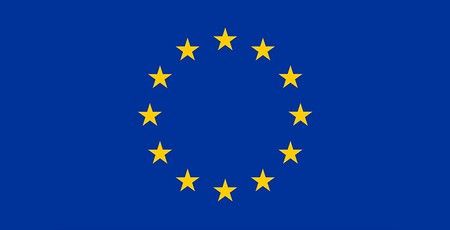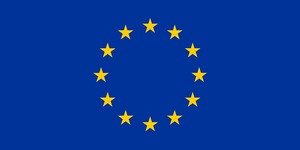EU votes for new tech platform regulations
April 18, 2019 | 12:54
Companies: #european-parliament #european-union

The European Parliament has voted to enforce a one-hour deadline on the removal of terrorist content from the web, despite recent events demonstrating how impossible that is likely to be, while also agreeing on a new set of regulations designed to limit the power of FAANG (Facebook, Apple, Amazon, Netflix, Google) and related technology companies.
The impossibility of a one-hour deadline for terrorist content to be taken down from websites and other online services proposed by the European Union as part of an overhaul of legislation was demonstrated earlier this month when The Internet Archive was hit by false takedown notices from the French Internet Referral Unit (IRU) labelling such content as the primary index for every book and TV show on the site as 'terroristic.' These notices were sent at a time when the volunteers working for the Archive were asleep; thus, if a one-hour deadline was enforced, could only have been handled automatically - and if they were handled automatically, would have taken down the majority of the site until a volunteer could analyse the report, reject its claims, and restore access.
Despite this, the European Parliament has voted to pass the legislation with the one-hour deadline clause intact - by, Member of European Parliament (MEP) Julia Reda reports via Twitter, just three votes. The news isn't all bad, however: Amendments which sought to mandate the use of automated upload filters, similar to those which will be required for adherence to the recently-passed EU Copyright Directive, were voted down.
While Parliament has approved the verbiage of the new legislation, it does not immediately become law: The finalised legislation will now lass through a trilogue period of not fewer than 12 weeks, and must be approved by both the European Council and Commission before it can be enacted into law.
The European Parliament has also voted to approve new regulations for the Digital Single Market, designed to reduce the power held by large companies including Facebook, Apple, Amazon, Netflix, and Google - collectively known as FAANG - in favour of smaller organisations.
'We are delighted by the overwhelming support to the new rules on online platforms' trading practices among the members of the European Parliament,' a joint statement from Vice-President of the Digital Single Market Andrus Ansip, Commissioner for Internal Market, Industry, Entrepreneurship, and Small to Medium Enterprises Elżbieta Bieńkowska, and Commissioner for the Digital Economy and Society Mariya Gabriel claim in a joint statement. 'As the first-ever regulation in the world that addresses the challenges of business relations within the online platform economy, it is an important milestone of the Digital Single Market and lays the ground for future developments. Not only will it improve trust, predictability and legal certainty, it will also offer new and accessible options for redress and resolution of disputes between businesses and platforms.
'The Regulation was designed with the millions of small and medium enterprises in mind, so that they will no longer be faced with unexplained account suspensions, opaque rankings in search results, unaffordable dispute resolutions and many other unfair practices. It will also greatly benefit consumers by incentivising businesses to become active on online platforms and in turn lead to an increased choice of goods and services, of better quality and at lower prices. We are thankful to all of the parties involved, the EU Institutions and the Member States, for their great efforts to reach a good compromise in a very short period of time. This is yet another positive development ahead of the upcoming European elections.'
As with the terroristic content vote, the agreed verbiage must now go through trilogue before being approved and enforce twelve months after being published in the EU's Official Journal record.

MSI MPG Velox 100R Chassis Review
October 14 2021 | 15:04








Want to comment? Please log in.